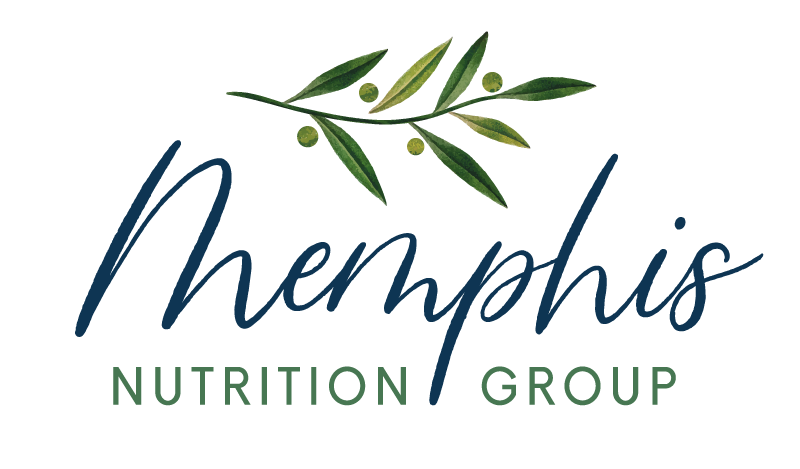Spilling the Tea on Hydration
With summer in full swing, adequate hydration is a concern for everyone, but beware of marketing claims about trendy (and pricy) beverages promising to replete energy, restore electrolyte balance, reduce chronic disease, or assist in weight loss. Investigate further for greater clarity on the best beverages for you and your family and to avoid unhelpful or potentially harmful supplements.
Alkaline Water
The Claims: The marketing of alkaline water promises to improve hydration and digestion and reduce acidity in the bloodstream, creating a more basic (less acidic) environment, which helps lower the risks of inflammatory conditions such as cancer or osteoporosis.
The Catch: Blood pH is very tightly regulated, and no food or beverage can neutralize pH. All food and fluids consumed by mouth are processed via the digestive tract, which involves digestion in the stomach prior to absorption throughout the small intestine. Stomach contents are highly acidic, which provides the environment needed to break down food into nutrients small enough to be absorbed into the bloodstream. Next, the highly acidic stomach contents enter the small intestine where they are alkalized (or made less acidic) to avoid killing the healthy bacteria designed to facilitate absorption. Alkaline water, like all other food or fluid, is immediately neutralized when entering the acidic digestive tract, and thus has not been shown to reduce the overall pH levels of the body to any significant degree in human studies. Furthermore, alkaline water has not been correlated with improvement in overall health, reduction of cancer risk, or increased bone density.
The Clarity: Instead of buying expensive alkaline water with little evidence to support efficacy, save your money and opt for tap or bottled water instead. For a more eco-friendly approach, explore investing in an at-home water filtration system and use refillable water bottles. The bottom line: Our bodies are perfectly capable of maintaining pH balance without alkaline water or other pH-altering strategies!
Loaded Tea
The Claims: Loaded tea is designed to provide energy, improve mental clarity and focus, boost metabolism, curb appetite, and support weight loss.
The Catch: With nutritional shops opening all over the United States, loaded teas are a recent phenomenon primarily powered by Herbalife, a global company selling vitamins, supplements, meal replacements, and other "wellness" products through a multi-level marketing network. Many fans of loaded teas use them as meal replacements or in conjunction with weight loss diets. But what’s actually in these colorful drinks? Since loaded teas are considered supplements and therefore are not regulated like typical foods and beverages, disclosing ingredients isn’t required and often remains a mystery. Loaded teas typically consist of sugar-free flavored syrups, added colorings, a highly caffeinated packet of various supplements from Herbalife, and occasionally tea. The remaining ingredients are typically a “proprietary” cocktail of herbs that, according to the Natural Medicines database, may not be suitable for children, adolescents, or individuals with certain health conditions. Additionally, high caffeine/stimulant content on an empty stomach can lead to rapid heart rate, increased blood pressure, and/or the potential for low blood sugar, particularly if using the tea alone as a pre-workout beverage. Despite clever marketing that frames loaded teas as “healthy” and nourishing beverages, they are essentially energy drinks in disguise.
The Clarity: Instead of using artificial forms of energy (caffeine/ginseng) to suppress appetite, consider eating your energy in the form of balanced meals containing protein, carbohydrate, and fat and fuel pre-workout with easily digestible carbohydrates. For a fun summer beverage, consider saving your money and swapping your loaded “teas” for smoothies, lemonade, iced tea, or other refreshing drinks. It’s OK to give yourself permission to savor caloric beverages without specific “health” claims as justification for enjoying them.
Sports Drinks
The Claims: 'Potassium-packed,' 'low-calorie,' and 'no sugar added' electrolyte beverages supercharge your workout and provide the perfect balance of electrolytes for rehydration.
The Catch: While it is true that electrolyte repletion beverages can be helpful when participating in long-duration, high-intensity training (particularly in high-temperature environments), not all “sports drinks” are created equal. True, electrolyte repletion drinks should have a balance of water, sodium, sugar, and potassium which are all crucial in repleting fluids and electrolytes lost in sweat, but many beverages marketed as sports drinks/electrolyte replacements contain negligible amounts of sodium, may be marketed as “sugar-free,” and/or contain high levels of caffeine for a synthetic energy boost with very few electrolytes. While some athletes are attracted to more “natural” beverages like potassium-rich coconut water rather than traditional sports beverages, coconut water contains very little sodium and may contain inadequate carbohydrate - both of which are crucial in maintaining hydration/energy status during exercise.
The Clarity: Well-formulated sports drinks can help maintain hydration status and electrolyte balance while exercising, training, or participating in competitive sports. Become label savvy and avoid “sports drinks” that contain limited amounts of electrolytes and high levels of caffeine. Aim for sports beverages containing a minimum of 180 mg sodium, 7-9.5 g of carbohydrate/sugar solution, and 60-75 mg potassium per 8 oz serving.
The benefits of alkaline water, nutritional teas, and some sports beverages are over-inflated and unsupported by science. Skip the fads and stick with tried-and-true methods of hydration and electrolyte replacement!
